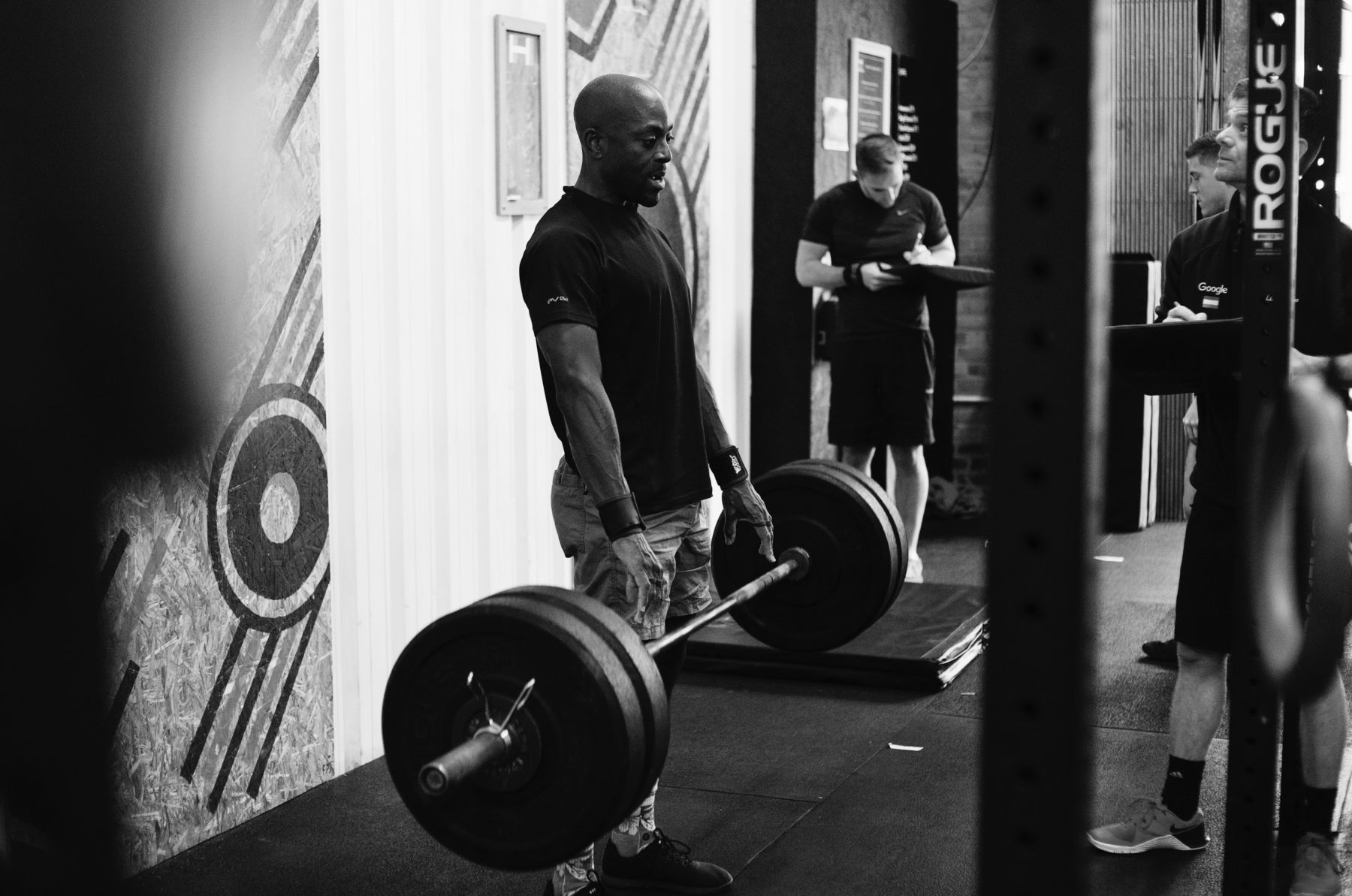The “Resilience” days in our program, more than anything – are opportunities to work on breath and controlling your own mind.
Resilience exists when you utilise certain ”mental processes and behaviors in promoting personal assets and protecting self from the potential negative effects of stressors”
Robertson, I.T, et al (2015) “Resilience training in the workplace from 2003 to 2014: A systematic review” Journal of Occupational and Organizational Psychology. 88 (3): 533–562
In simpler terms, psychological resilience exists in people who ‘develop psychological and behavioral capabilities that allow them to remain calm during crises/chaos and to move on from the incident without long-term negative consequences.
The idea is simple yet challenging to master: Control your breath and thoughts during a very challenging workout. If you walk away from the workout with a sense that you were able to calm your mind and negative thoughts through breath, then you’re headed in the right direction.
Within our Resilience sessions we would like you all to utilise these 4 tools to deal with the adversity of the WOD, in the hope, this crosses over to other areas of your life.
1. Visualisation: Imagining success, with a lift, a set of thrusters/devils press, a set of/your first pull up/s. You can do this before class or simply take a moment to do this during class.
2. Setting small, achievable goals: This is easy to practice when you see a Chipper WOD. Don’t think about the big set of 100 DB squat snatches you have to do, instead break this down into manageable sets of 5-10reps. This success with the little things will add up.
3. Breathing: One of the most undertrained elements of fitness training and in life. Use the Resilience sessions to practice controlling the way you breathe, deep slow breathing in through the nose (unless your previous rugby/boxing career has left you with a deviated septum) and out through the mouth to reduce tension. Breathing has a two-way relationship with biochemical, biomechanics and psychophysiological systems of the body. Don’t over look this element.
4. Positive self-talk: Assertive positive statements like: ‘I CAN do this’, reminding yourself to ‘stay calm and keep moving forward’ can be game changers. Turn up the positive chatter in your head when times get uncomfortable during a WOD.
If you have tried this and found some success, let us know! [email protected]

